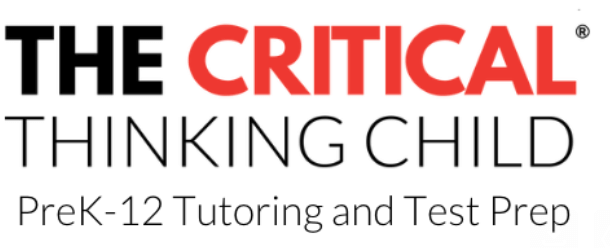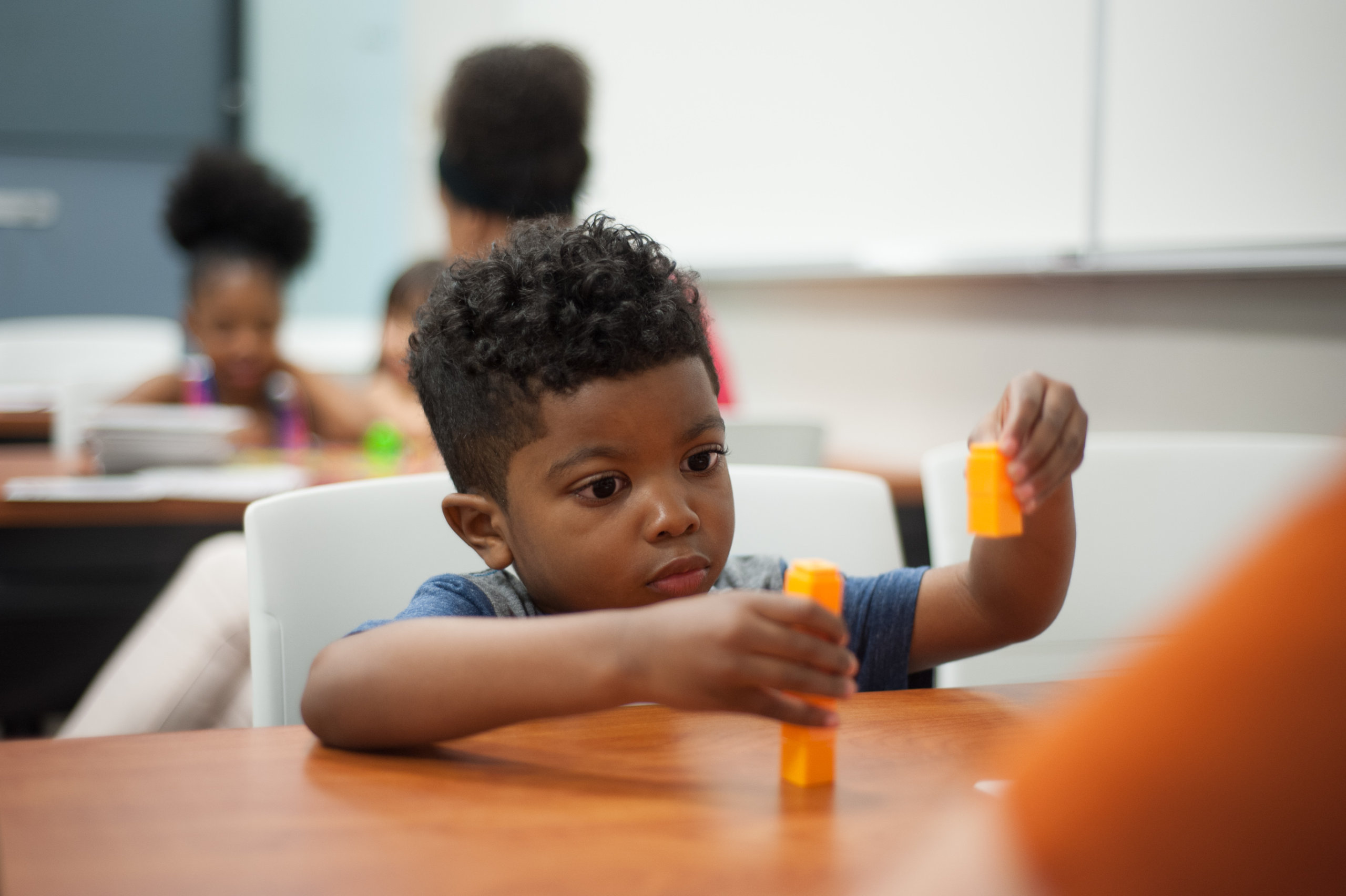When your busy child won’t focus
How to get–and keep–your child’s attention.
When your young child is constantly distracted by, well, everything, it can be hard to make learning stick. Sometimes it can be difficult just to get their attention long enough to check in with them, let alone introduce a new concept.
While it can be frustrating to have a child who seems constantly preoccupied, it is possible to teach them how to become more adept at compartmentalizing and focusing. This revolves around two key skills: listening and attention.
Honing in on listening skills
Listening skills come into play when students have something they need to remember and focus on. For example, activities that require pattern recognition also require a good amount of focus. If students are seeking out a familiar pattern (ABAB, for instance), they will need to trust in their own ability to focus. If they begin to struggle, they will have to seek help and practice listening to the prompts given to them.
Similarly, memory games help students improve their recall and their ability to retell stories. I’m particularly fond of abstract puzzles, which provide a layer of complexity that often requires the use of listening skills. Putting children in pairs can also help develop this skill.
Finally, you can help your young learner develop listening skills by reading to them. By teaching young learners to recognize and focus on the sounds of the English language they will be more tuned to it. This includes the 44 phonic sounds, rhymes, onomatopoeia, and alliteration. Picture books and beginning chapter books are great starting points. For the particularly distracted child, don’t pressure them to finish the book in one sitting. You can always go back to it or re-read it.
Developing longer attention spans
Help your child increase their attention span by providing them with activities that grab their interest and keep it. For example, if their focus seems to wander when reading books, switch up the genre. By deviating beyond fairy tale stories and including a wider variety, you allow students to find their preferences.
In particular, including books with real-world information will give them a new perspective on reading and digesting information. If your child finds a topic they are particularly enthralled by, encourage their interest
Additionally, critical thinking games and puzzles provide ample opportunities for developing attention spans. Forcing your child to think outside of the box through new topics, classifications, and activities will help them understand and interpret their world in new ways. This often results in a spark of curiosity and interest, leading to longer attention spans.
The benefits of abstract puzzles
Abstract puzzles are a great way to help encourage students to be more focused. As you can see from the video below, when abstract puzzles are introduced into a child’s learning environment it requires both listening skills and a long attention span:



